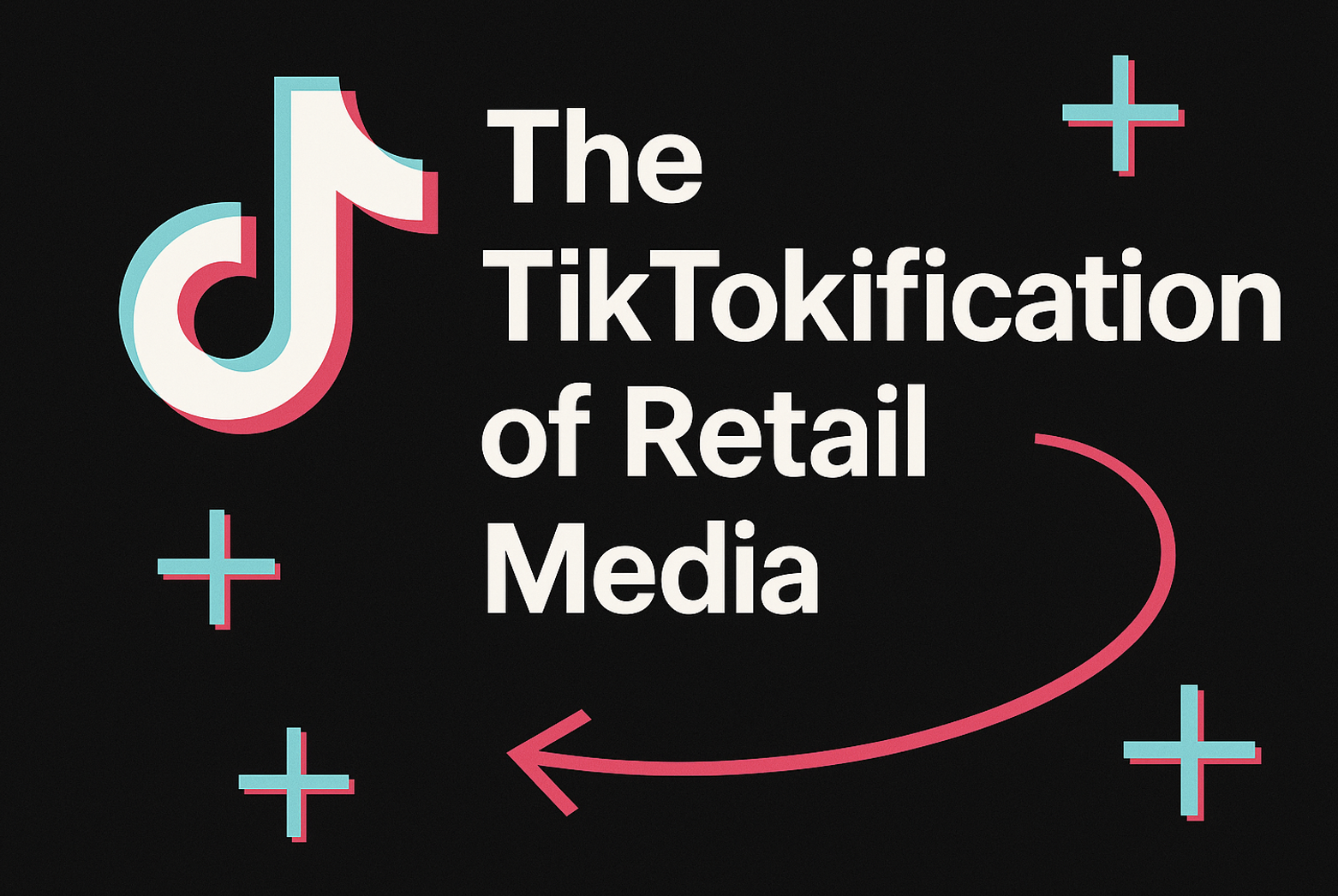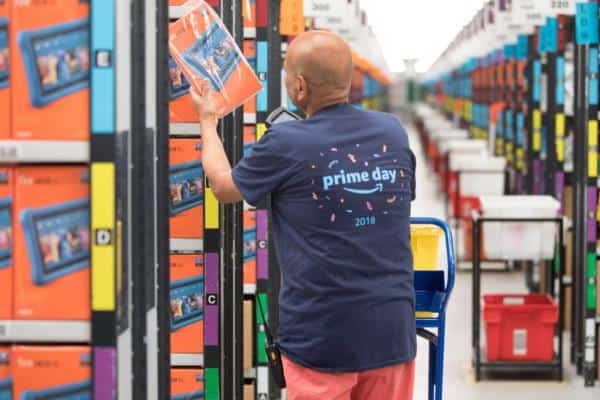As we head into World Book Night, (5 March) books are high on the agenda, with press coverage focusing on how internet sales of books have changed the face of traditional bookselling. To tap into British readers’ views on digital books Mintel has just released its latest research.
Mintel reveals that despite the fact that one in five (18%) of consumers now claim to read e-books, nearly half of Brits (49%) say they would rather read and own actual books – showing a promising future for the printed book market. However there is considerable future demand for e-reader devices, with 40% of book readers saying they would consider buying one in the future and 44% saying they would consider buying a tablet PC.
The research also revealed a strong consumer expectation to pay less for e-books than their printed equivalent, with nearly half (48%) of consumers saying they expect to pay less, and just one in five (19%) saying they expect to pay the same. Some 7% of Brits say they expect to pay less than £3, with 28% thinking it should be between £3 and £5.99. Younger readers were the most likely to expect to pay less—reflecting, according to Mintel, their general experience of being able to procure digital product for less or free on the internet.
The current pricing model for ebooks from several leading publishers is to set prices that retailers must adhere to, known as the ‘agency model’. Amazon has been vocal against this saying: “This is unlike the traditional wholesale model that’s been in place for decades, where booksellers set consumer prices. We believe such publishers will raise prices on e-books for consumers almost across the board. For a number of reasons, we think this is a damaging approach for readers, authors, booksellers and publishers alike.”
Waterstone’s recently launched an eBook Bargains section on its web site selling thousands of ebook downloads for £2 and under.
Michael Oliver, senior leisure analyst at Mintel, said: “Our research shows that readers still have strong affection for print books and it seems that they are not going to be totally replaced any time soon. Instead, e-books are drawing a younger, more male audience into book reading, rather than cannibalising sales from older females who are the most regular readers.
“Growth in e-book sales has been driven by a steady increase in the ownership of devices on which they can be read, such as e-readers and tablet PCs but also mobile phones, laptops and PCs. However, it seems consumers have strong affection for the printed version, which isn’t going to be totally replaced any time soon.”
Mintel found that Amazon’s Kindle was the most popular e-reader, ahead of Sony’s Reader, and looks set to remain so based on expressions of those considering purchase in the future. One in twenty (5%) of Mintel’s sample owned a Kindle, compared to 3% who owned a Sony Reader, but 35% compared with 26% said they planned to buy a Kindle in the future.
World Book Night on Saturday 5 March 2011 is a new initiative that will see 20,000 passionate book lovers give away 1 million books across the country. www.worldbooknight.org
Chosen by an independent editorial committee the 25 titles have been picked from a poll of favourite books from across the book industry.








